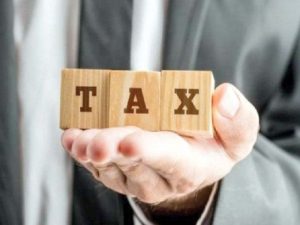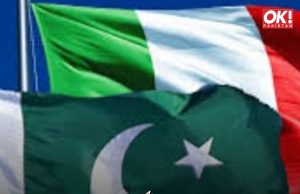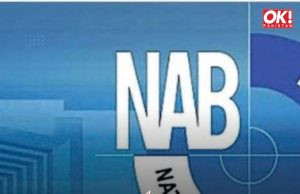IMF urges Pakistan to impose further tariffs.

Demand is being driven by worries that even if FBR meets its annual objective, the tax-to-GDP ratio would not.
ISLAMABAD:
The International Monetary Fund (IMF) has asked Pakistan to impose around Rs600 billion in additional taxes and has once more encouraged Islamabad to form an anti-corruption task force despite the country’s solid momentum in terms of income production.
Although high double-digit inflation is one of the main causes of the ruling alliance’s electoral fortunes in the political capital and the opposition’s popularity, the relevant authorities have yet to accept the call to impose extra taxes.
According to officials in the administration, IMF Mission Chief to Pakistan Nathan Porter presented the demands and a dozen other requirements to the Pakistani authorities during recent meetings in Washington.
According to insiders, the subject will be covered during the subsequent round of programme review negotiations, which is scheduled to take place in November.
The IMF believes that even if the FBR hits its yearly target of Rs7.470 trillion, the tax-to-GDP ratio would fall below the agreed level because inflation has caused the nominal growth of the economy to increase by close to 25% in the current fiscal year.
The government had calculated the GDP at Rs78 trillion at the time of the budget based on an average inflation rate of 11.5% and an economic growth rate of 5%. The annual tax target of Rs7.470 trillion is equivalent to around 9.6% of the GDP.
However, as a result of numerous administrative actions, the depreciation of the rupee, floods, and shocks to the food supply, the average inflation rate is currently estimated to be 23%, while the GDP growth rate is roughly 2%. The expected GDP for the current fiscal year is pegged at Rs83 trillion following a jump in inflation.
Despite reaching the FBR’s objective of Rs7.470 trillion annually, this would reduce the tax-to-GDP ratio to about 8.9%.
According to the sources, the IMF predicted that Pakistan may need to take additional revenue measures equal to 0.75% of the GDP, or more than Rs600 billion, in order to adhere to the macroeconomic framework targets.
The government has set a target for the FBR’s yearly tax collection of Rs7.470 trillion, a 22% increase over the amount collected the year prior. During the first quarter, the FBR collected more than Rs1.61 trillion, exceeding its goal by more than Rs26 billion. However, the collection’s growth rate was just 17%, which was much lower than the current inflation rate.
Afaque Qureshi, a spokesperson and member of the Inland Revenue Policy, stated that “the FBR is not considering any plan to impose higher taxes.”
Such a proposal is extremely unlikely to be granted by the coalition government led by the Pakistan Democratic Movement. Due to the rising cost of living, the primary alliance party, the PML-N, has already suffered the most damage to its supporter base and popularity.
According to the sources, one of the possibilities the IMF suggested was to impose a sales tax on petroleum items, but Finance Minister Ishaq Dar rejected any recommendations made by the IMF about particular taxes.
Currently, the government levies a petroleum charge tax of Rs47.50 per litre on gasoline and about Rs7.58 per litre on diesel. The IMF has also requested that the government continue to follow the agreed-upon strategy for applying the petroleum levy, which calls for an Rs. 50 per litre charge on gasoline in January 2023 and a Rs. 50 per gallon charge on diesel until March 2023.
The government is already very close to reaching the maximum threshold for gasoline, but in order to stay on schedule, it will now need to start raising taxes on diesel starting next month.
According to the sources, the IMF has also asked Pakistan to inform a task force against corruption, which the government had promised to in June of this year.
A task force composed of independent experts with international experience, civil society organisations, and Pakistan will publish a thorough review of the anti-corruption institutional framework by January 2023, specifically the National Accountability Bureau (NAB), in accordance with the agreement.
According to the agreement, the task force will also suggest structural reform measures that will increase the independence of institutions tasked with combating corruption, shield them from political influence and retaliation, and set up controls for accountability and transparency to guard against abuse.
According to the sources, former Prime Minister Shahid Khaqan Abbasi’s name was suggested to lead the task team before Finance Minister Ishaq Dar joined. However, no choice had been made.
Former Finance Minister Miftah Ismail stated, “Shahid Khaqan Abbasi’s name had been recommended to lead the task force, but in my view, a foreign expert with a strong legal background, ideally from New Zealand or Singapore, should head the committee.” These nations are thought to have very low levels of societal corruption.




















































